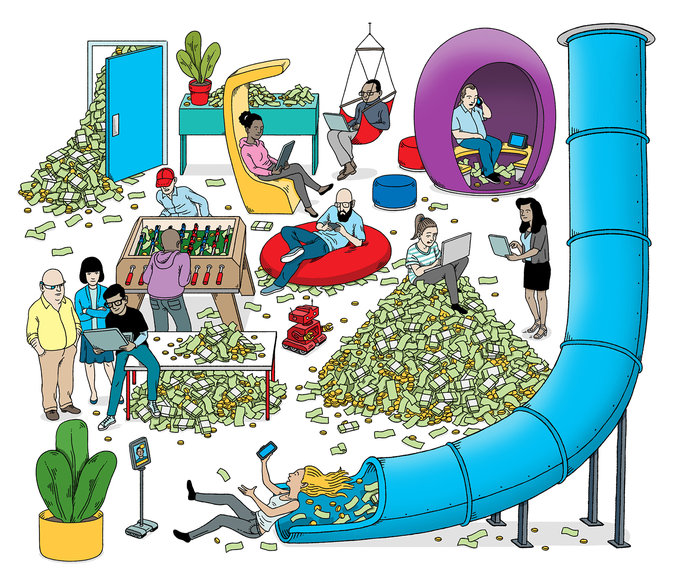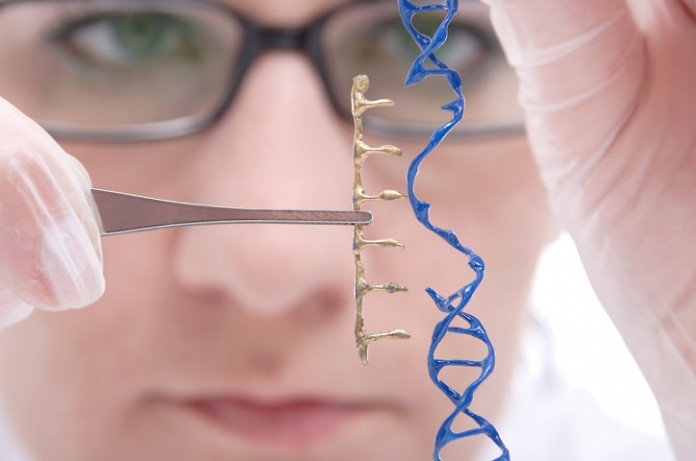 Corporations, it seems, may have amassed at least a good chunk of that $1.9 trillion in mysterious savings because the stock market is rewarding them for it.
Corporations, it seems, may have amassed at least a good chunk of that $1.9 trillion in mysterious savings because the stock market is rewarding them for it.
Which leaves one last question: Why? The answer, perhaps, is that both the executives and the investors in these industries believe that something big is coming, but — this is crucial — they’re not sure what it will be. Through the 20th century, as we shifted from a horse-and-sun-powered agrarian economy to an electricity-and-motor-powered industrial economy to a silicon-based information economy, it was clear that every company had to invest in the new thing that was coming. These were big, expensive investments in buildings and machinery and computer technology. Today, though, value is created far more through new ideas and new ways of interaction. Ideas appear and spread much more quickly, and their worth is much harder to estimate. (Indeed, the impossibility of valuing the Internet is essentially what created the 2000 stock bubble.)
Source: Why Are Corporations Hoarding Trillions? – The New York Times






